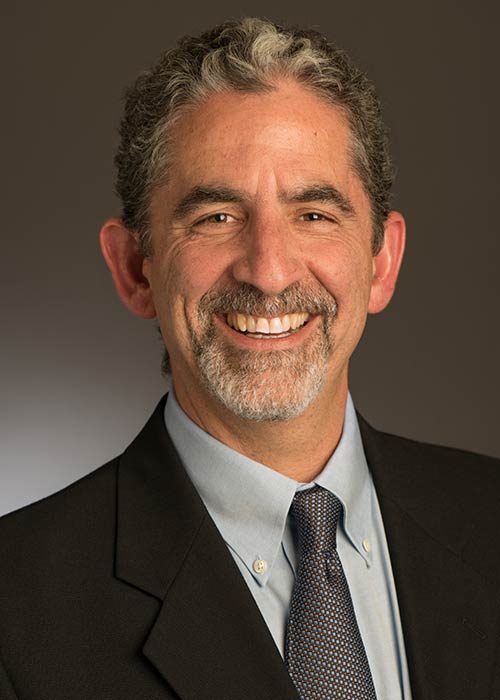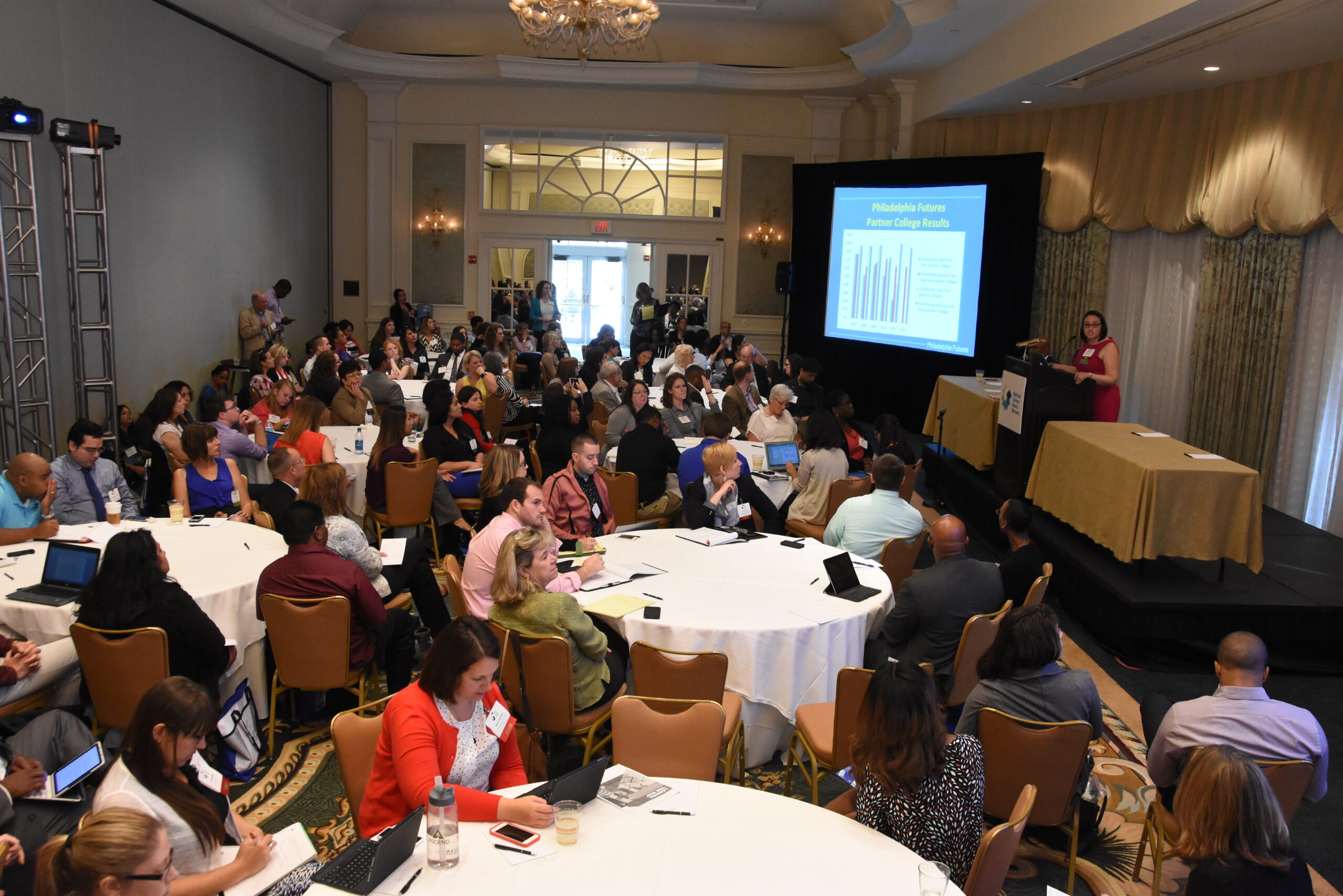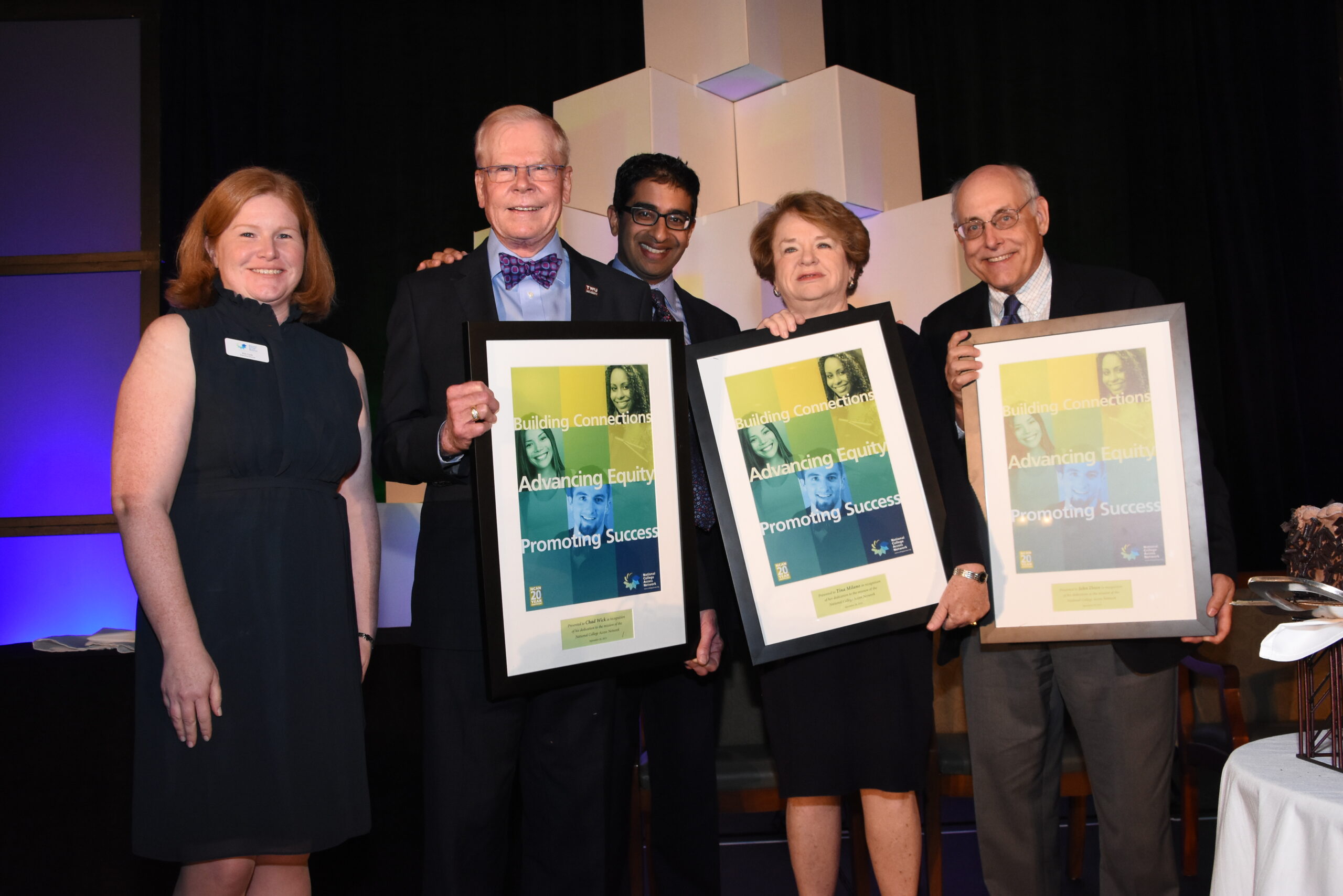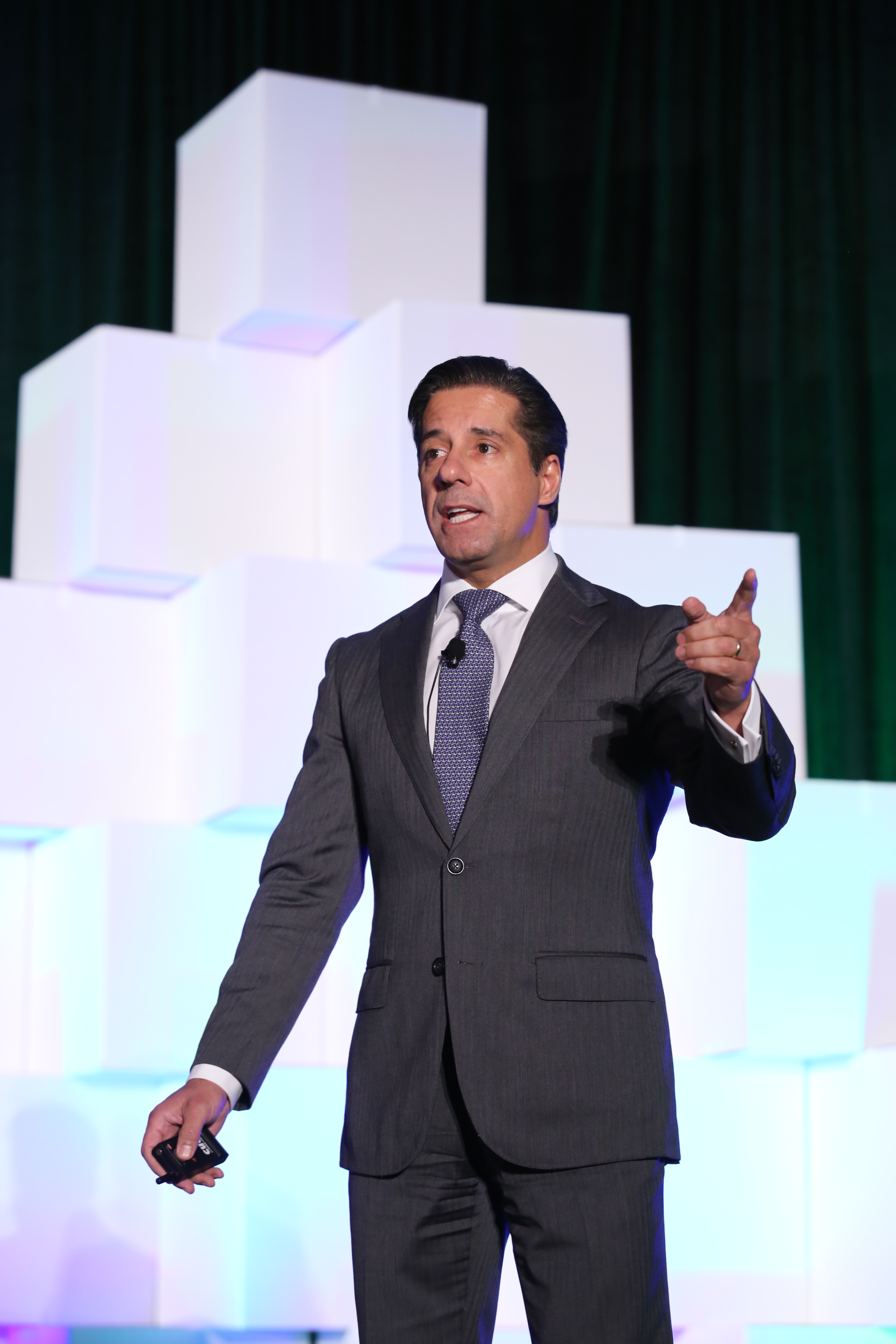
Partnership Director, College Readiness Completion
During the last four months, after joining United Way of Salt Lake on July 1, I have immersed myself in the world of college readiness, access, and completion here in Utah — and followed national trends in higher education for underserved populations. During the final week of September, I attended the 20th Anniversary National College Access Network (NCAN) Conference in Orlando, Florida.
The mission of the 20-year-old Washington, D.C.-based organization is to represent education as “soulcraft,” and by doing so, help low-income first generation students to enroll in, and complete, a postsecondary degree.
As the conference attracted over 800 participants in this celebration year, it was a wonderful opportunity to receive information about specific program developments and important national updates to help to set the agenda for the coming year for college access work in schools across the country, and here in Utah. The sessions focused on secondary support, transition support, and college support of students.

“As we look at the work we’re trying to accomplish in our state, it was exciting to learn of what other states are doing in regards to access and success for underrepresented students and how we could possibly best apply these efforts within our educational spheres within Utah.” Ruth Patiño Stubbs, Director of Educational Access & Outreach, Weber State University
The key college success messages for underserved college students included making students aware about postsecondary opportunities early in their education, creating strong relationships with students gained by one-on-one engagement, and ensuring that their academic and school life is fully supported by educational professionals.
Though academic skills are necessary, establishing close relationships and being immersed in the culture of post-secondary education is the key to persistence in studies and eventual completion. This level of continuous social engagement and integration is the current and future work of all educators and leads to college and career readiness and success for all. As Julie Hartley, Assistant Commissioner of Outreach and Access at Utah System of Higher Education, stated “….one thing I found beneficial was meeting with counterparts from other states who are addressing the same issues. It’s so nice to be able to share ideas and find inspiration.”
There were inspirational plenary speeches from educators, as well as a video message from first lady, Michelle Obama. The combined message is very clear…that after years of creating greater access for underserved populations, the focus now is on readiness and completion. The ultimate goal is that post-secondary completion results in greater success for the individual, family, community, and the country.

Announcements made with national implications during the conference include: Free Application for Federal Students Aid (FAFSA) available earlier (October) for 2016, a rewritten SAT that aims to focus students on the most crucial skills and concepts for college success, and an agreement between the College Board (SAT), Khan Academy, and the Boys and Girls Club for free test preparation for the SAT.

